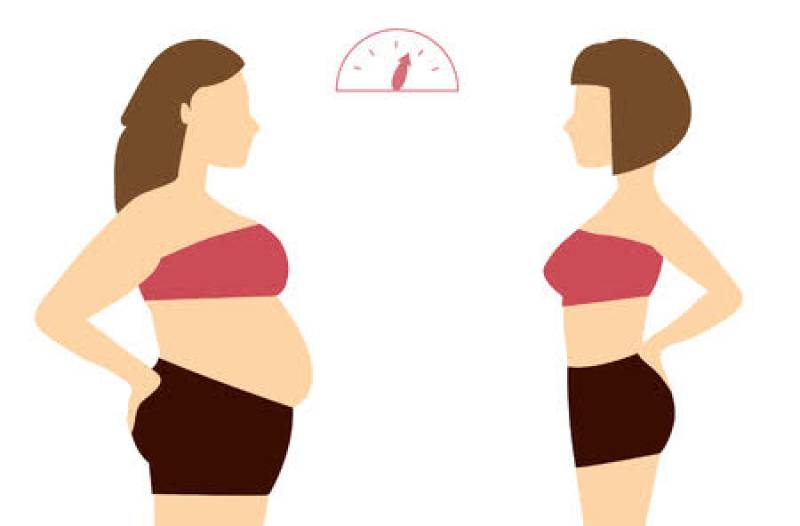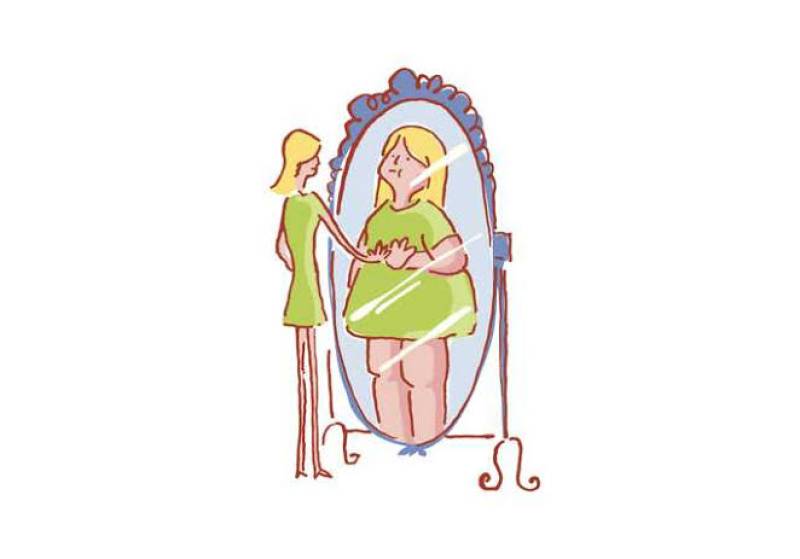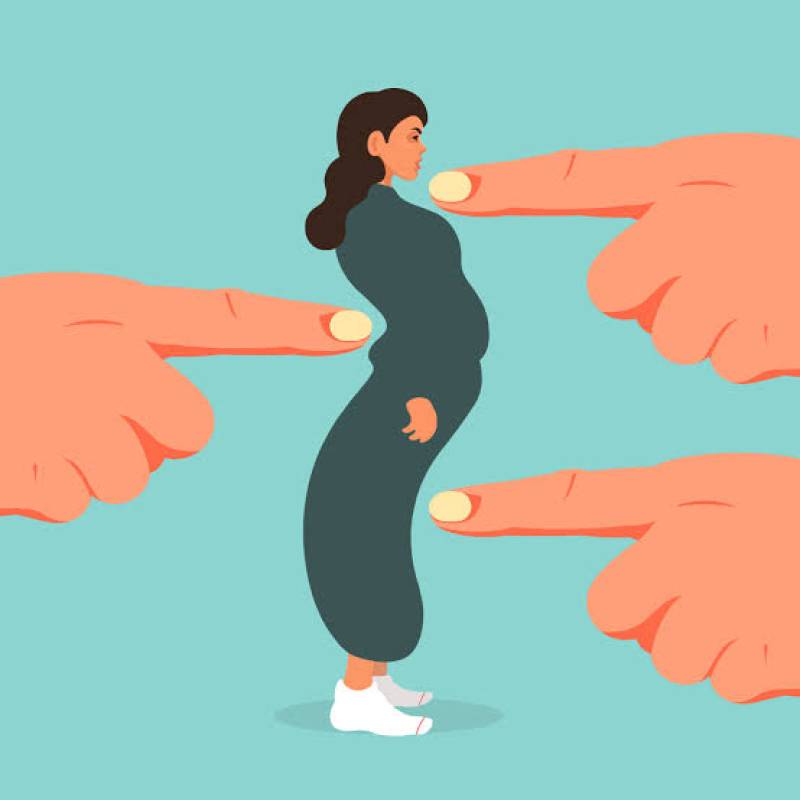THE IDEAL BODY SYNDROME AND HOW TO BREAK AWAY FROM THIS
Credits: Izma Azeem Chughtai
The ideal body syndrome, also known as ‘body dysmorphic disorder’ leaves many people to suffer from anxiety and affect their daily life with thoughts that can seem measly to other people.
Ever felt like you're too focused on a specific physical detail about yourself to the point it drives you to change your ways, activities and develop severe anxiety? If not, then you are safe from this disorder. Still BDD is a common disease, so it is important to recognize the signs and know how to manage them.

Here are some primary symptoms of this disorder, but please always see a professional to get diagnosed!
1. Low self-esteem and viewing yourself as ugly.
2. Constantly thinking about a perceived physical 'flaw' for an unhealthy amount of time.
3. Miss your classes, work, or events because you don't want people to look at you or the flaw.
4. Avoiding spending with family and friends.
5. Opting for plastic surgery (probably multiple surgeries) to change and alter appearances.
6. Undergoing severe emotional suffering and executing harmful habits.

Currently, there is no direct cure for BDD, but its symptoms can be improved through therapy and a change of environment and habits.
Here are a few ways you can help improve your body image and try to break away from the severe suffering due to this disorder.
1. Remind yourself of healthy and realistic ideas about body image.
2. Stay away from social media that impacts your body image negatively.
3. Change and alter your friend group if they trigger your BDD.
4. Therapy with a professional who deals with patients suffering from BDD.
5. Start writing a journal to display how you feel about yourself.
6. Isolation is not appealing, so try to spend time with people as much as you can!
7. Make practical changes that help you feel better such as a workout plan or skincare regime.
8. Join support groups and talk to others dealing with the same disorder.
9. Remind yourself of your true aim and goals in life that do not concern any physical aspect of you.
10. Learn relaxation and stress management to deal with anxiety.
11. Avoid making decisions when you are feeling distressed; rather always make it when you feel in a better headspace.
12. Lastly, keep positively talking about yourself, and tell yourself that the physical 'flaw' is beautiful and perfect the way it is.

